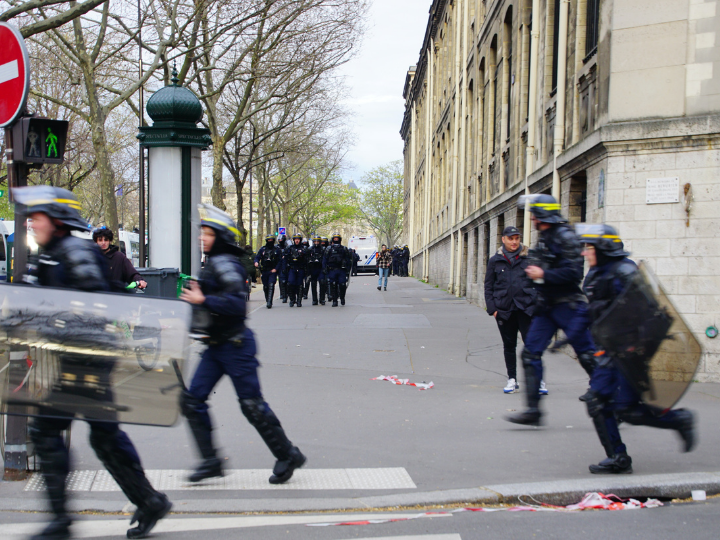by
N. Peter Kramer
While Chinese comments were positive about the ‘historic meeting’ between Taiwan’s President Ma Ying-jeou and mainland China’s leader Xi Jinping, November 7 in Singapore, reactions in Taiwan were decidedly mixed.
Polls in Taiwan have generally found support for meetings between the two sides but have also indicated wariness about Ma’s intentions.
During his 2 terms in office, President Ma has pushed for closer relations and reached more than 20 agreements on trade and tourism. However in Taiwan many people are worrying that Beijing wants to use the growing economic ties between the two sides to help foster its goal of unification.
Mainland China still considers Taiwan to be part of its territory that must eventually be unified and has threatened the use of force if Taiwan pursues formal independence.
Mr. Ma said on his way back home, that he was not convinced by Mr. Xi’s assertion that the Chinese missiles arrayed along the Taiwan Strait were not targeting the island of Taiwan.
Polls in Taiwan have generally found support for the meeting. A United Daily News poll shows that approximately 37.1 percent of respondents were satisfied with President Ma’s performance in Singapore, while 33.8 percent where unsatisfied.
Mrs Tsai Ing-wen, leader of Taiwan’s main opposition party, Democratic Progressive Party (DPP), and front-runner in the race to succeed Mr. Ma in the presidential elections January 2016, was very clear.
In her reaction on Facebook she wrote that during the meeting ‘there was no sign the Republic of China was existing’, using the official name of Taiwan.
Meanwhile, concerning which of the three candidates in Taiwan’s 2016 presidential election are most capable of maintaining stable cross-strait relations, Eric Chu, candidate of President Ma’s party Kuomintang (KMT), received the most public support at 28.2 percent.
Chu was trailed by DPP’s Tsai Ing-wen at 22.3 percent and People First Party’s James Soong at 19.2 percent. Remarkable was, that in the event of the DPP chairwoman winning the January election, 67 percent are in favor of a potential meeting between Tsai and her mainland Chinese counterpart.
Marco Rubio, the US Senator and presidential candidate for the Republican party, said in a statement that he welcomed cross-strait dialogue but that ‘we must remain cleareyed about China’s intentions’. ‘We must do more to help Taiwan counter the growing military threat from China’, he added.
KMT’s presidential candidate Eric Chu is now in the US, where he is likely to press further his case that the KMT is better prepared to handle relations with China’.




.jpg)

